
In recent decades, books on landscape and the outdoors have taken off as a genre, and the shelves of most bookshops now groan with them. It's not all good stuff. While sometimes stylistically adept, much of this 'new nature writing' can seem formulaic and a bit worthy. A fascinating meditation on the British hills and what they mean - and have meant - to us, Upland rises above the crowd.
A project begun under the restrictions of lockdown, when London-based author Ian Crofton was, like so many, able to enjoy the hills only in imagination, Upland draws on a lifetime's hillwalking and climbing, and yet it's so much more than a simple memoir. Mining rich seams of culture and natural history, it ranges far and wide in its exploration of hills as a human experience - mountains not in the abstract, but as places we've lived and worked in, climbed and dreamed about for millennia.
Its broad sweep through time and space takes us from the prehistoric mysteries of England's gentle rolling downland to remote rock climbs and secretive howffs in the sub-arctic wilds of the Cairngorms, via many eras and hills in between: the Welsh borders and Yr Wyddfa; the Pennines and the Lakes; Ben Nevis, the Cuillin and Suilven.
For me there was a nice resonance in starting the journey in an unlikely place, the suburban 'hills' of North London where I grew up, and finishing on Ben Macdui, these days pretty much my back yard. Between these extremes, of course, there's much to digest.
In polymath spirit, Upland meanders open-mindedly through the intellectual landscape, making fascinating diversions into botany or geology, history or literary criticism. Romantic poets, stone-age monument builders, mass trespassers and mountaineers all tread its pages. Some stories will be familiar, but most of us will pick up something new along the way. Yet this is no pedagogical plod; Crofton's learning is lightly worn. I don't think I've read many books on nature and landscape able to maintain my interest through such a diversity of locations and snippets of knowledge.
Chapter by chapter, each place in turn is explored as personal narrative, drawing on the tactile experience of the hills in the here and now, encounters with their flora and fauna, the shifting moods of weather; interleaved with this are Crofton's reflective glimpses under the landscape's skin. Flitting between the experiential and the factual is a fairly standard device in today's nature writing. I often find it laboured, but Upland handles the transitions deftly.
So where do we get to in this exploration of a fascination with the high places? What does it all mean? To mountains, nothing; to mountain-lovers, everything. As Ian Crofton puts it:
"We are not an intrinsic part of the mountains. They have got on for millions of years without us. We merely pass over their surface like the shadow of clouds [...]. But the mountains can become a part of us. Sometimes they are in our minds and memories; sometimes not. But they are always there - apart, still, biding their time with measureless patience, insensible to our longing, careless of our absence, unconcerned as to whether or not we ever return."
In this extract from the book, Ian Crofton clambers around the Langdale Pikes in search of a prehistoric axe factory:
Upland is published by Birlinn Books












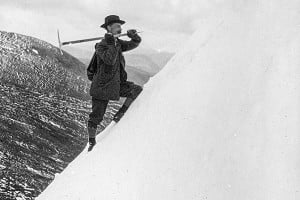
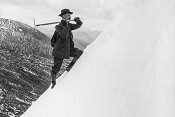


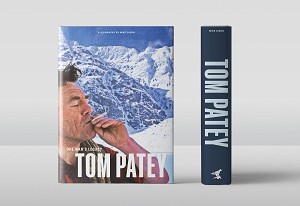
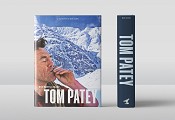
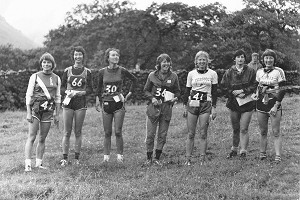
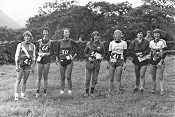
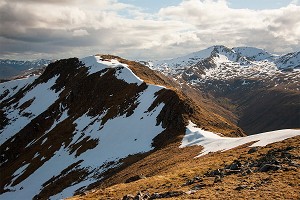
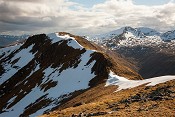

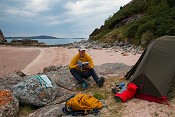


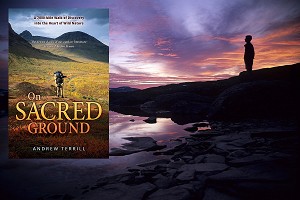
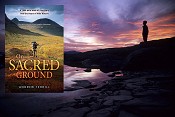
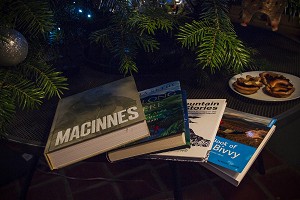
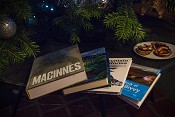
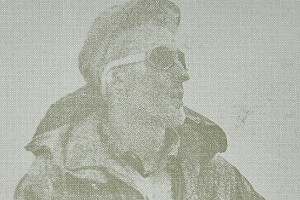
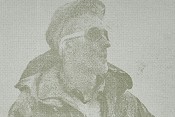


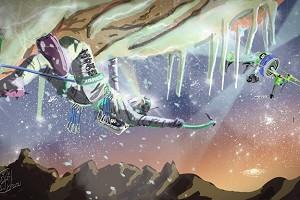
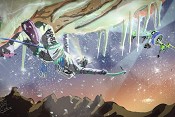
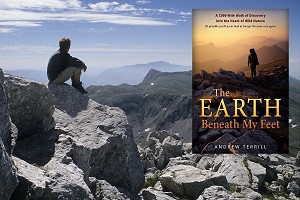
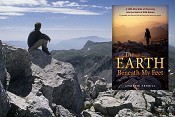
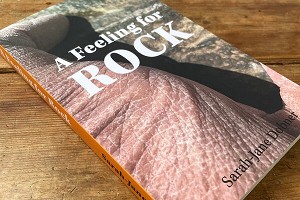
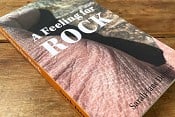
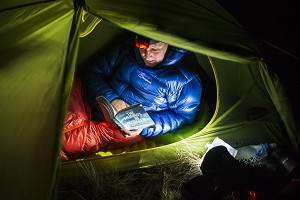
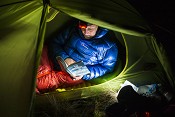
Comments
Stunning cover! I'd buy that as a print. Thanks for the review, I will be adding it to the bedside stack.